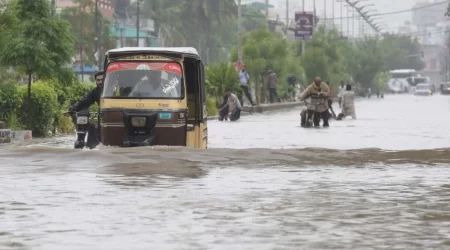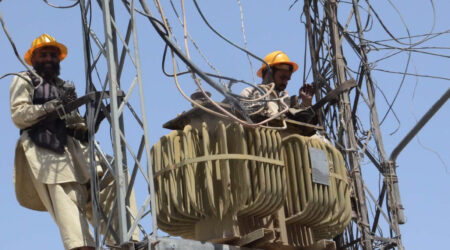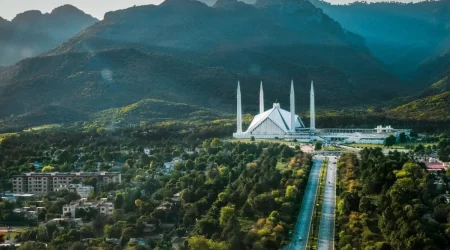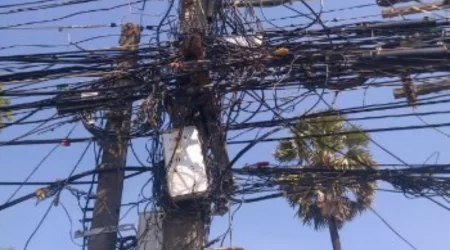Experts calls for reforms to fix Pakistan’s energy sector
KARACHI: Experts have called for institutional reforms to address excess power demand, rising electricity prices, and the influx of redistributed solar energy. They called for effective policies to ensure affordability, efficiency and sustainability in the power sector to address energy crisis and environmental challenges.
This was discussed during a webinar titled, “Future of Pakistan’s Energy Sector” organized by Mehfooz Pakistan, a safety organization, to discuss the challenges faced by the power sector, hosted by current affairs commentator Zarrar Khuhro.
Mr Faseeh Mangi, Pakistan Bureau Chief at Bloomberg, said the price of electricity has increased drastically in past few years even more than monthly rents. He is energy sector is the backbone of the economy which needs to be fixed with key reforms.
Energy Economist, Dr Asher Awan, highlighted the history of the power sector in Pakistan which led to the current situation. He reminded how a rural electrification programme was initiated in 1974 which continued till 1980 until the government was unable to meet the exceeding demand.
He added in the early 90s, there were growing calls to allow private investments in the energy sector which were successfully due to lucrative offers. By 1994, Pakistan required institutional reforms and reorganized WAPDA by 1998, separating power generation and distribution. He said the mismanagement started soon after and the power sector didn’t perform from 1998 to 2005.
Dr Awan said the World Bank reforms agenda called for reducing government interference to achieve energy sector regulation, and allowing the market forces to determine prices. However, he said this was not achieved due to political and socio-economic reasons which created the circular debt crisis that has reached a staggering Rs6 trillion.
Ms Haneea Isaad. Energy Finance Analyst at the Institute for Energy Economics and Financial Analysis (IEEFA), said Pakistan has a rigid power purchase contract model that has not evolved since the past two decades.
Regarding the issues of Independent Power Plants (IPPs), she said the government signed lucrative deals but required due diligence as they were signed for 25-30 years. She said dollar-indexed contracts are very expensive for Pakistan due to market fluctuation, high interest payments, currency devaluation and the reliance on imported fossil fuels.
Mr Faseeh Mangi said consumers are moving away to solar power particularly in rural areas due to reliability and affordability which is bringing changes in agriculture. He said Pakistan has emerged as the third biggest importer of solar panels from China this year worth $1.7 billion generating 17 gigawatts of power, which is more than one-third on installed power capacity.
“These massive imports are causing a seismic shift in our energy to the extent that the IMF mentioned that retaining customers on the grid is among energy sector reform,” he said.
Ms Isaad said the government is scrambling to find a solution to the ‘solar boom’ which includes revision in net metering regulation and capacity payments. She called for strengthening demand forecasting, low-cost generation, and cost-benefit analysis before signing large projects. Dr Awan said the government needs to revise its solar policy as it will increase average cost and worsen the circular debt.
Mr Mangi said power theft is persistent in Pakistan, among the highest in Asia, costing 17 percent of the electricity consumed. He said this includes ‘kundas’ and underground networks while the government conducted a theft drive against power pilferage.












Leave a Reply